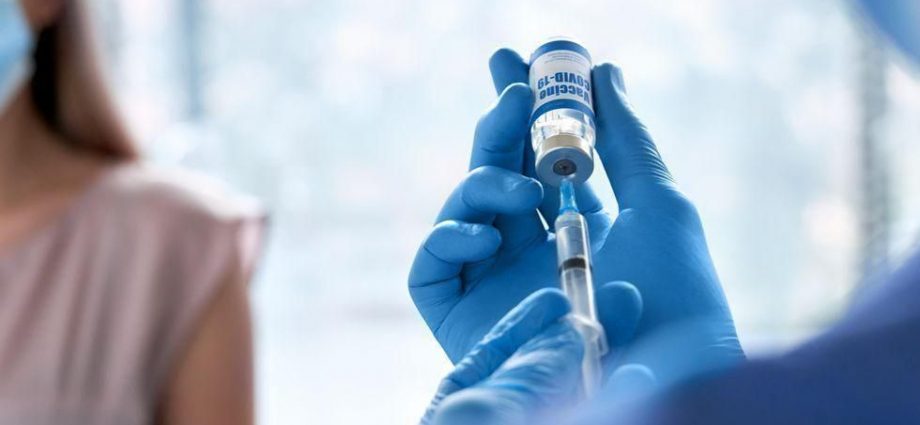TUESDAY, Oct. 5, 2021 (HealthDay News) — Johnson & Johnson announced Tuesday that it has asked the U.S. Food and Drug Administration to approve emergency use of its coronavirus booster shot.
The request to authorize an extra vaccine dose for people who’ve previously received Johnson & Johnson’s single-shot vaccine was filed Tuesday, the company said in a statement.
The company noted that it provided the FDA with data on booster intervals ranging from two to six months, but didn’t formally recommend one to the agency.
“Our clinical program has found that a booster of our COVID-19 vaccine increases levels of protection for those who have received our single-shot vaccine to 94 percent. We look forward to our discussions with the FDA and other health authorities to support their decisions regarding boosters,” Dr. Mathai Mammen, global head of Janssen Research & Development, a subsidiary of Johnson & Johnson, said in the company’s statement.
Last month, J&J released data suggesting its vaccine was 81% effective against hospitalizations at least five months after vaccination. An FDA advisory panel will review J&J’s booster data next week and vote on whether to recommend boosters. The panel will do the same review for the Moderna booster shot during that meeting.
If both the FDA and the U.S. Centers for Disease Control and Prevention give their approval, booster shots of the two companies’ COVID-19 vaccines could become available later this month, the AP reported.
The timing of the J&J filing was unusual because companies typically submit their requests well in advance of advisory panel meeting announcements.
But, “both J&J and FDA have a sense of urgency because it’s COVID and we want good data out there converted into action as soon as possible,” Mammen explained.
The J&J vaccine was originally considered an important tool in fighting the pandemic because it requires only one shot. But its rollout was hurt by a string of troubles, including manufacturing problems at a Baltimore factory that forced J&J to import millions of doses from overseas.
Federal regulators have also added warnings of some rare side effects that are linked to the shot, including a blood clot disorder and Guillain-Barré syndrome, the AP said. In both cases, regulators decided the benefits of the shot still outweighed those uncommon risks.
Rival drugmakers Pfizer and Moderna have provided the vast majority of COVID-19 vaccines to Americans. More than 170 million people have been fully vaccinated with the companies’ two-dose shots, while less than 15 million Americans have gotten the J&J shot, the AP reported.
Last month, the FDA approved booster shots of Pfizer’s vaccine for older people and other Americans at increased risk from severe COVID-19.
More information
Visit the U.S. Food and Drug Administration for more on COVID vaccines.
SOURCE: Associated Press
Copyright © 2026 HealthDay. All rights reserved.

